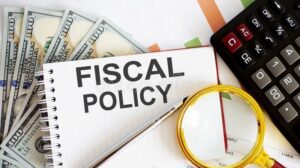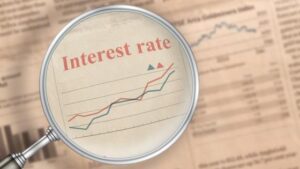In the ever-changing landscape of global economics, businesses are deeply influenced by the policies implemented by governments. Whether fiscal policies that govern government spending and taxation or monetary policies that regulate the money supply and interest rates, these measures play a crucial role in shaping the business environment. This article explores the intricate relationship between economic policies and businesses, shedding light on how policy decisions can either propel or hinder the growth of enterprises.
I. Fiscal Policies and Business Dynamics:
Taxation Policies:
Governments often use taxation to generate revenue and stimulate economic activity. The impact on businesses can vary based on tax rates, incentives, and deductions. High corporate taxes may impede investment and expansion, while targeted incentives can encourage specific industries.
Government Spending:
Increased government spending can inject capital into the economy, fostering growth. Businesses, particularly those in sectors aligned with government priorities, may benefit from increased demand for goods and services. Conversely, excessive spending leading to inflation can challenge businesses to manage costs.
Public Debt and Interest Rates:
The level of public debt and interest rates can influence business borrowing costs. Higher interest rates may increase expenses for companies relying on loans, impacting profitability and investment decisions.

II. Monetary Policies and Business Operations:
Interest Rates and Borrowing Costs:
Central banks use interest rates to control inflation and stimulate economic activity. Low-interest rates generally reduce business borrowing costs, encouraging investment and expansion. Conversely, higher interest rates can tighten credit conditions, affecting businesses dependent on loans.
Money Supply and Inflation:
The money supply in an economy affects inflation rates. Excessive money creation can lead to inflation, impacting businesses by increasing input costs and eroding purchasing power. Stable inflation rates are generally favorable for business planning and investment.
Exchange Rates and International Trade:
Monetary policies can influence exchange rates, impacting businesses engaged in international trade. A weaker domestic currency can make exports more competitive but may increase the cost of imported goods. Multinational businesses must navigate these fluctuations to optimize their global operations.
III. Regulatory Policies and Business Compliance:
Environmental and Social Regulations:
Governments worldwide are increasingly implementing regulations to address environmental and social concerns. Compliance with these regulations can create both challenges and opportunities for businesses. Companies adopting sustainable practices may gain a competitive edge, while those lagging may face reputational and financial risks.
Labor and Employment Policies:
Regulations related to labor and employment, such as minimum wage laws and worker protection measures, directly impact business operations. Balancing fair labor practices with business competitiveness poses an ongoing challenge for policymakers and businesses alike.
Conclusion:
In the intricate dance between economic policies and businesses, the repercussions of policy decisions are far-reaching. Governments must carefully calibrate their interventions to create an environment conducive to business growth while addressing broader societal concerns. As businesses navigate the waves of fiscal and monetary measures, adaptability and strategic planning become critical ingredients for sustained success in an ever-evolving economic landscape.


